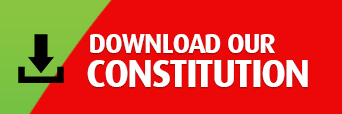MANIFESTO
SECTION 1: ECONOMY
Key Concepts: Economic growth, Economic Management, Wealth inequality, Economic Diversification, Small Businesses, Decentralization of Government, Subsidies, Pro-Competition and Elimination of Consumption Subsidy.
SECTION 2: EDUCATION
Key Concepts: Privatization, Compulsory Basic Education, Diversification of Education Tax to Basic Education, Grant for Indigent University Students, Scholarship, improved careers in schools and vocational learning.
SECTION 3: WOMEN’S RIGHTS AND EMPOWERMENT
Key Concepts: Women participation, gender equality, equal pay, gender bias.
SECTION 4: WELFARE AND HEALTH
Key Concepts: Wealth redistribution, social mobility, disabilities, primary health care and reduction of maternal mortality rate.
SECTION 5: INFRASTRUCTURE
Key Concepts: Mobility demand, modal shift, fuel efficiency, research and development, town planning, public private partnership, deregulated gas pricing, off grid electricity power generation, transmission and distribution, and social housing.
SECTION 6: ENVIRONMENT / POLLUTION
Key Concepts: Clean environment, proper emission control, waste treatment, control of noise pollution, and sanctions for environmental pollution.
SECTION 7: FOOD AND FARMING
Key Concepts: Food security, food quality and safety, research and development, and private sector involvement.
SECTION 8: CRIME AND JUSTICE
Key Concepts: State Police, improved welfare for the Police, intelligence driven investigation, crime scene management, development of forensic units, technology driven policing, crime prevention and restorative justice, community policing, social and environmental causes of crime.
SECTION 9: POLITICAL REFORMS
Key Concepts: Devolution of powers to the States, Age reform, Civic Education, Decentralization, Uwais Report.
SECTION 10: PEACE, SECURITY AND INTERNATIONAL POLICY
Key Concepts: global co-operation, conflict prevention, democracy, and economic stabilization.




